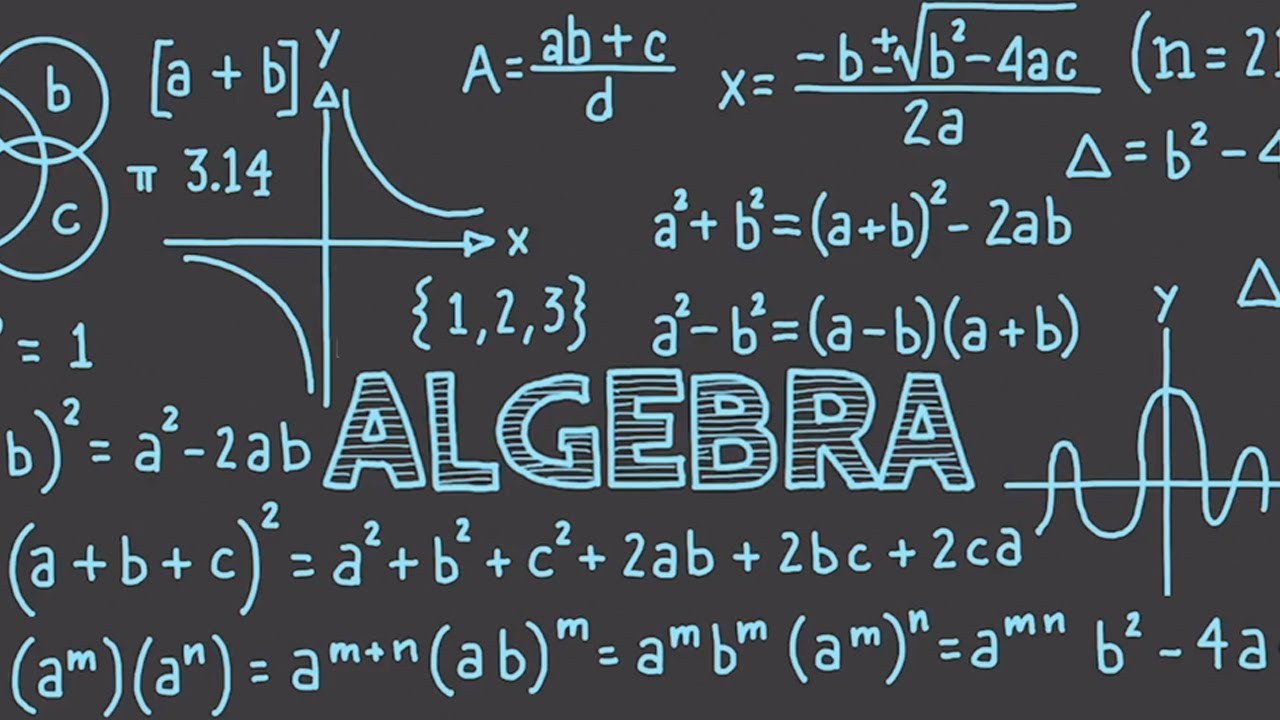
What is Computational Algebra? Computational Algebra is a branch of mathematics that uses algorithms and computer software to solve algebraic problems. Why is it important? It plays a crucial role in fields like cryptography, coding theory, and robotics. How does it work? By transforming complex algebraic equations into simpler forms, it allows for easier manipulation and solution. Who uses it? Mathematicians, computer scientists, and engineers frequently rely on computational algebra to tackle problems that are too difficult to solve by hand. What tools are used? Software like Mathematica, Maple, and MATLAB are popular for performing these calculations. Why should you care? Understanding computational algebra can open doors to advanced studies and careers in technology and science.
What is Computational Algebra?
Computational algebra is a branch of mathematics that uses algorithms and computer software to solve algebraic problems. It combines elements of algebra, computer science, and numerical analysis to tackle complex equations and systems.
-
Roots in Ancient Times: The origins of algebra date back to ancient civilizations like Babylon and Egypt, where early mathematicians solved linear and quadratic equations.
-
Symbolic Computation: This field often involves symbolic computation, where symbols and expressions are manipulated rather than numerical values.
-
Groebner Bases: A key tool in computational algebra is the Groebner basis, which helps solve systems of polynomial equations.
-
Computer Algebra Systems (CAS): Software like Mathematica, Maple, and SageMath are examples of CAS that perform symbolic computations.
-
Applications in Cryptography: Computational algebra plays a significant role in cryptography, helping to secure digital communications.
-
Polynomial Factorization: One of the fundamental problems in this field is the factorization of polynomials, which has applications in coding theory and cryptography.
Key Algorithms in Computational Algebra
Algorithms are the backbone of computational algebra, enabling the solution of complex problems efficiently. Here are some notable ones:
-
Buchberger's Algorithm: This algorithm is used to compute Groebner bases, which are essential for solving polynomial systems.
-
Euclidean Algorithm: Used for finding the greatest common divisor (GCD) of two polynomials, a fundamental operation in algebra.
-
Lattice Basis Reduction: Algorithms like LLL (Lenstra-Lenstra-Lovász) are used in number theory and cryptography.
-
Fast Fourier Transform (FFT): Employed for polynomial multiplication and other operations, significantly speeding up computations.
-
Newton's Method: An iterative method for finding successively better approximations to the roots of a real-valued function.
-
Berlekamp's Algorithm: Used for factoring polynomials over finite fields, crucial in coding theory.
Real-World Applications
Computational algebra isn't just theoretical; it has numerous practical applications across various fields.
-
Robotics: Helps in solving kinematic equations for robot motion planning.
-
Computer Graphics: Used in rendering algorithms to create realistic images and animations.
-
Engineering: Assists in solving differential equations that model physical systems.
-
Economics: Applied in optimization problems and economic modeling.
-
Physics: Helps in solving complex equations in quantum mechanics and relativity.
-
Biology: Used in modeling biological systems and genetic algorithms.
Challenges and Limitations
Despite its power, computational algebra faces several challenges and limitations.
-
Complexity: Some problems are computationally intensive and require significant resources.
-
Precision: Numerical methods can introduce errors, affecting the accuracy of results.
-
Scalability: Algorithms may not scale well with the size of the problem, leading to inefficiencies.
-
Software Limitations: Not all problems can be solved by existing computer algebra systems.
-
Interdisciplinary Knowledge: Requires a deep understanding of both mathematics and computer science.
Future of Computational Algebra
The future of computational algebra looks promising with advancements in technology and research.
-
Quantum Computing: Potential to solve problems much faster than classical computers.
-
Machine Learning: Integration with AI to develop smarter algorithms.
-
Cloud Computing: Provides the computational power needed for large-scale problems.
-
Open Source Software: Projects like SageMath make powerful tools accessible to everyone.
-
Interdisciplinary Research: Collaboration between fields can lead to new breakthroughs.
Fun Facts about Computational Algebra
Let's look at some interesting tidbits that make computational algebra fascinating.
-
Named After Al-Khwarizmi: The term "algebra" comes from the Arabic word "al-jabr," part of the title of a book by the mathematician Al-Khwarizmi.
-
Hidden Figures: The movie "Hidden Figures" showcases the use of computational algebra in space missions.
-
Fermat's Last Theorem: Solved using techniques from computational algebra.
-
RSA Algorithm: Relies on the difficulty of factoring large numbers, a problem studied in computational algebra.
-
Elliptic Curves: Used in modern cryptography, studied extensively in computational algebra.
-
Mathematical Art: Some artists use algorithms from computational algebra to create intricate designs.
-
Chess Algorithms: Computational algebra helps in developing algorithms for chess engines.
-
Music Theory: Algorithms analyze musical compositions and create new music.
The Final Word on Computational Algebra
Computational algebra is a fascinating field that blends mathematics and computer science to solve complex problems. From cryptography to coding theory, it plays a crucial role in modern technology. Understanding its basics can open doors to numerous career opportunities and deepen your appreciation for the algorithms behind everyday tech.
We've covered 36 intriguing facts, shedding light on its history, applications, and key figures. Whether you're a student, a professional, or just curious, knowing these facts can enrich your knowledge and spark further interest.
Keep exploring, stay curious, and who knows? You might find yourself contributing to the next big breakthrough in computational algebra. Thanks for sticking with us through this mathematical journey. Happy learning!
Was this page helpful?
Our commitment to delivering trustworthy and engaging content is at the heart of what we do. Each fact on our site is contributed by real users like you, bringing a wealth of diverse insights and information. To ensure the highest standards of accuracy and reliability, our dedicated editors meticulously review each submission. This process guarantees that the facts we share are not only fascinating but also credible. Trust in our commitment to quality and authenticity as you explore and learn with us.
